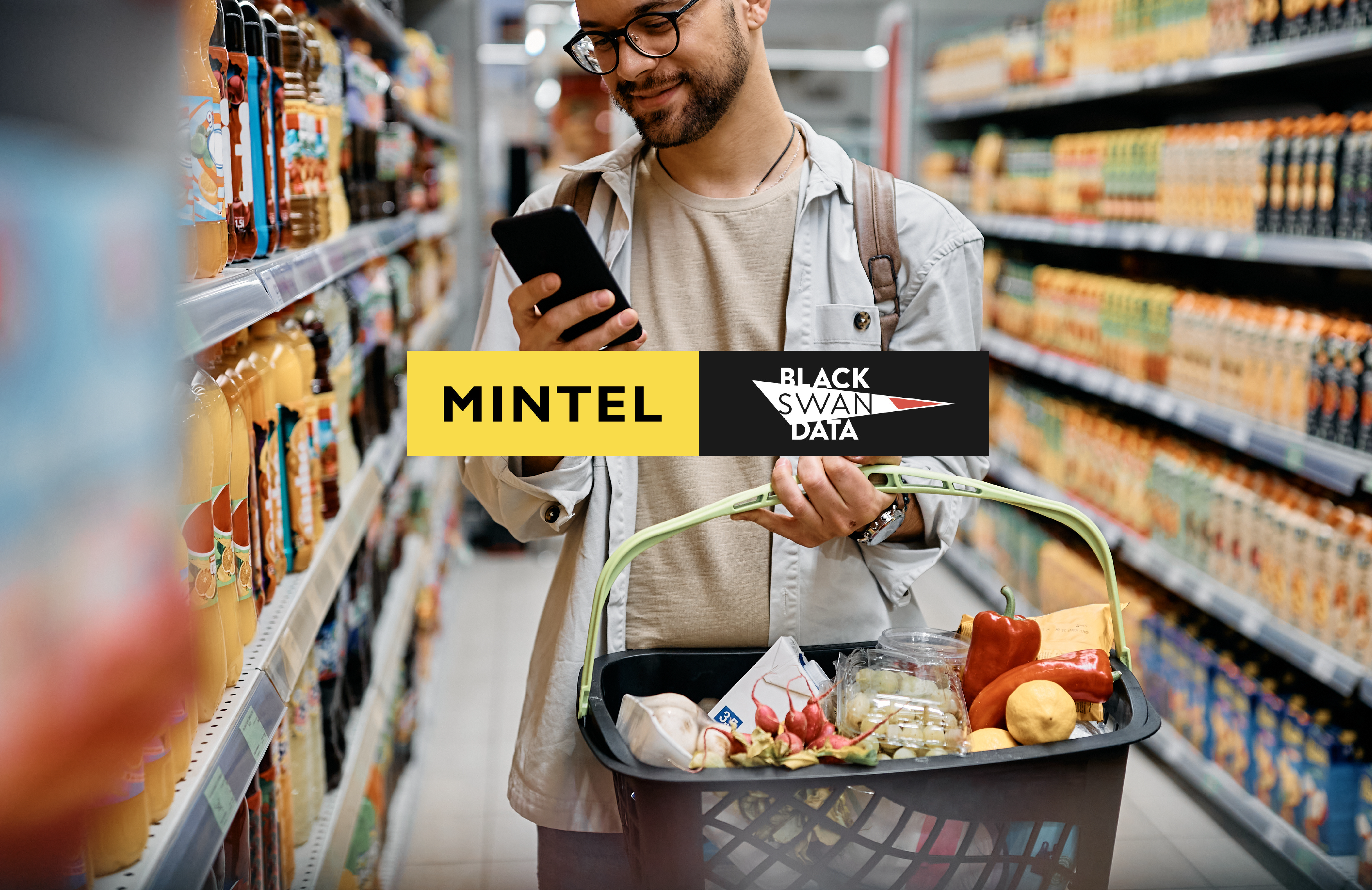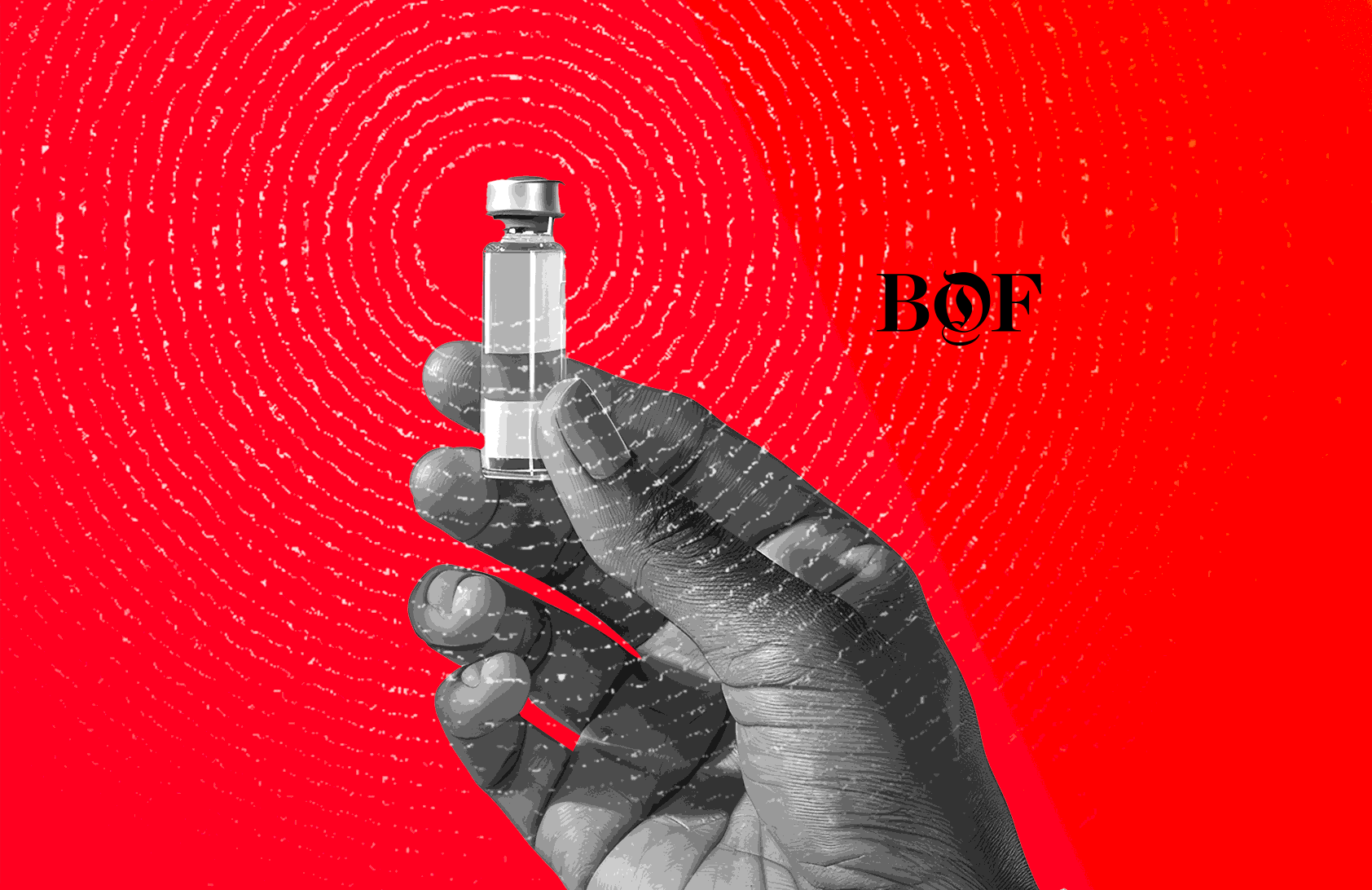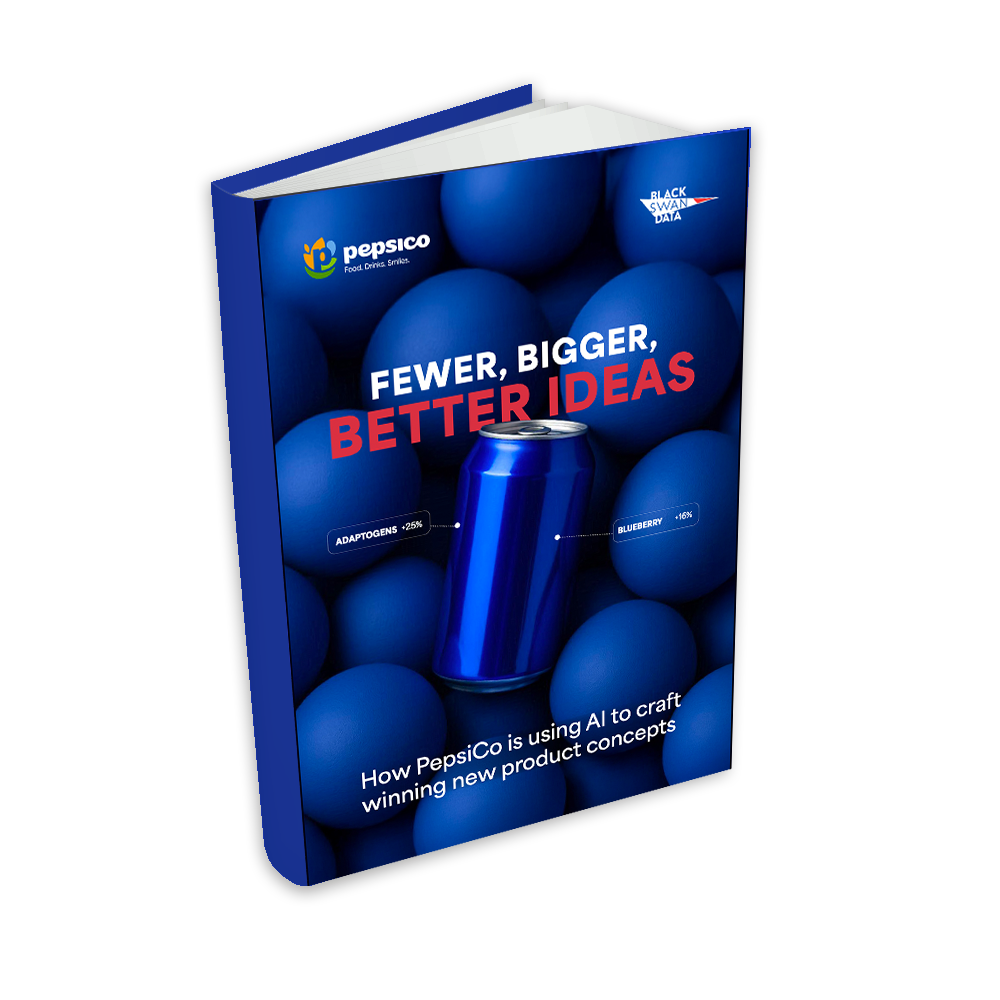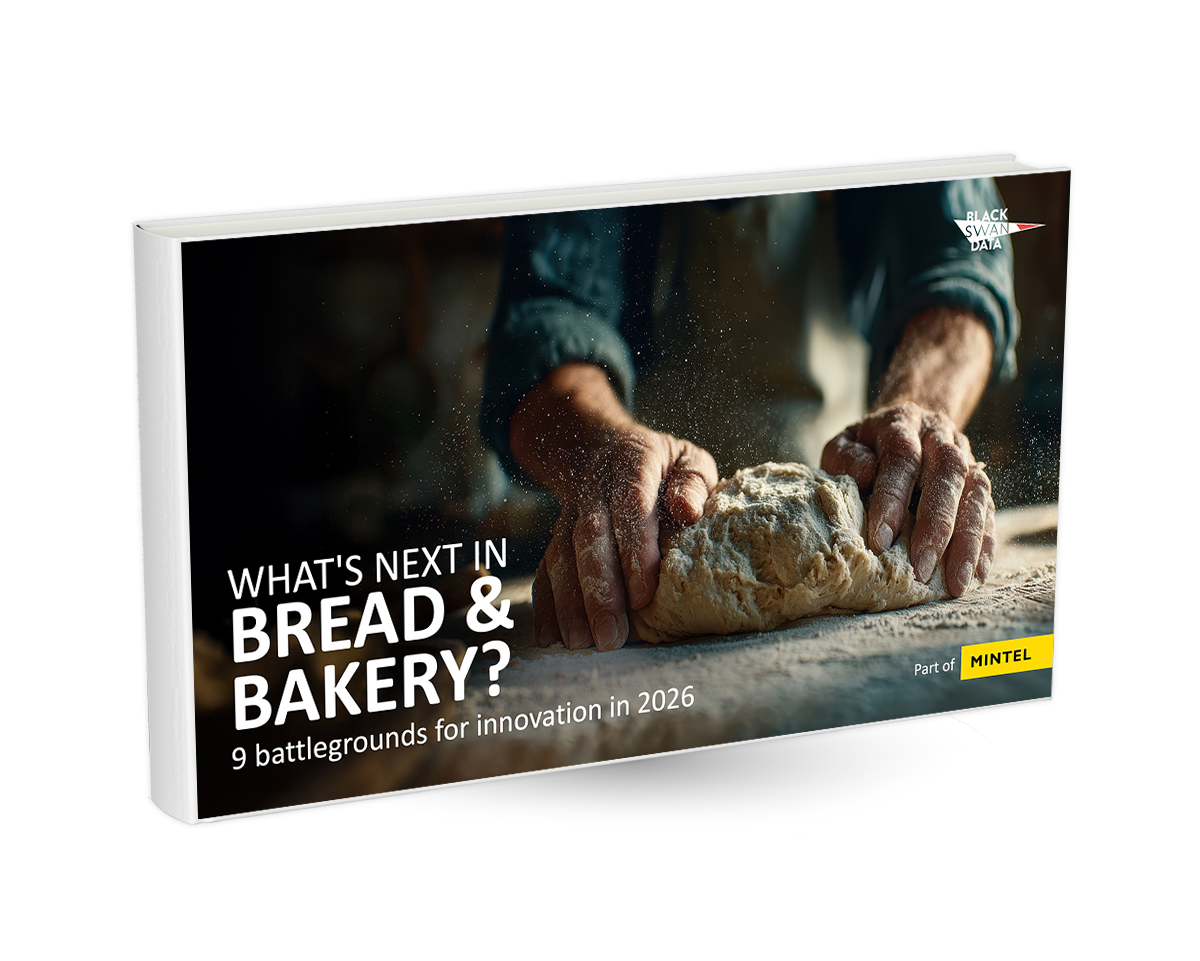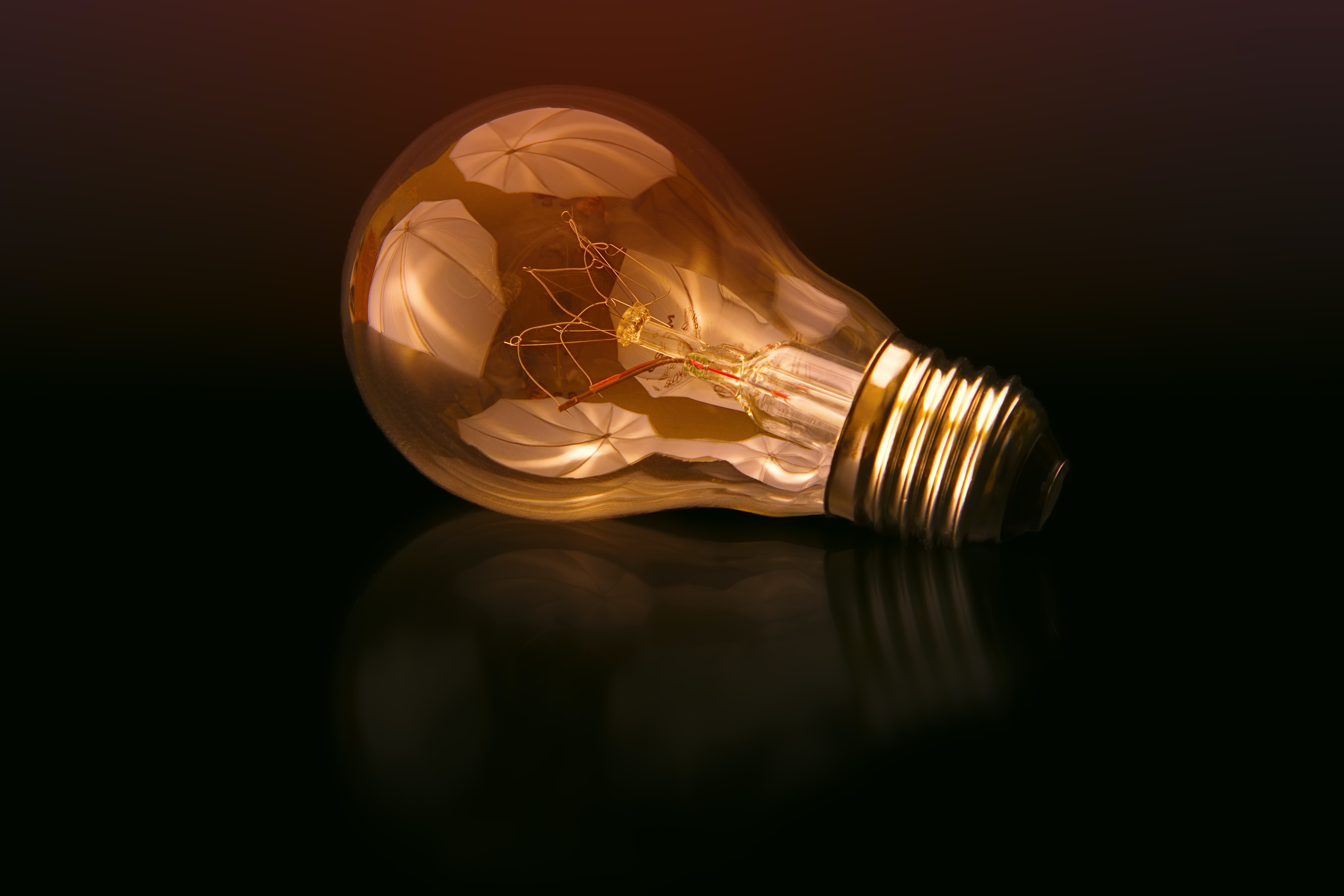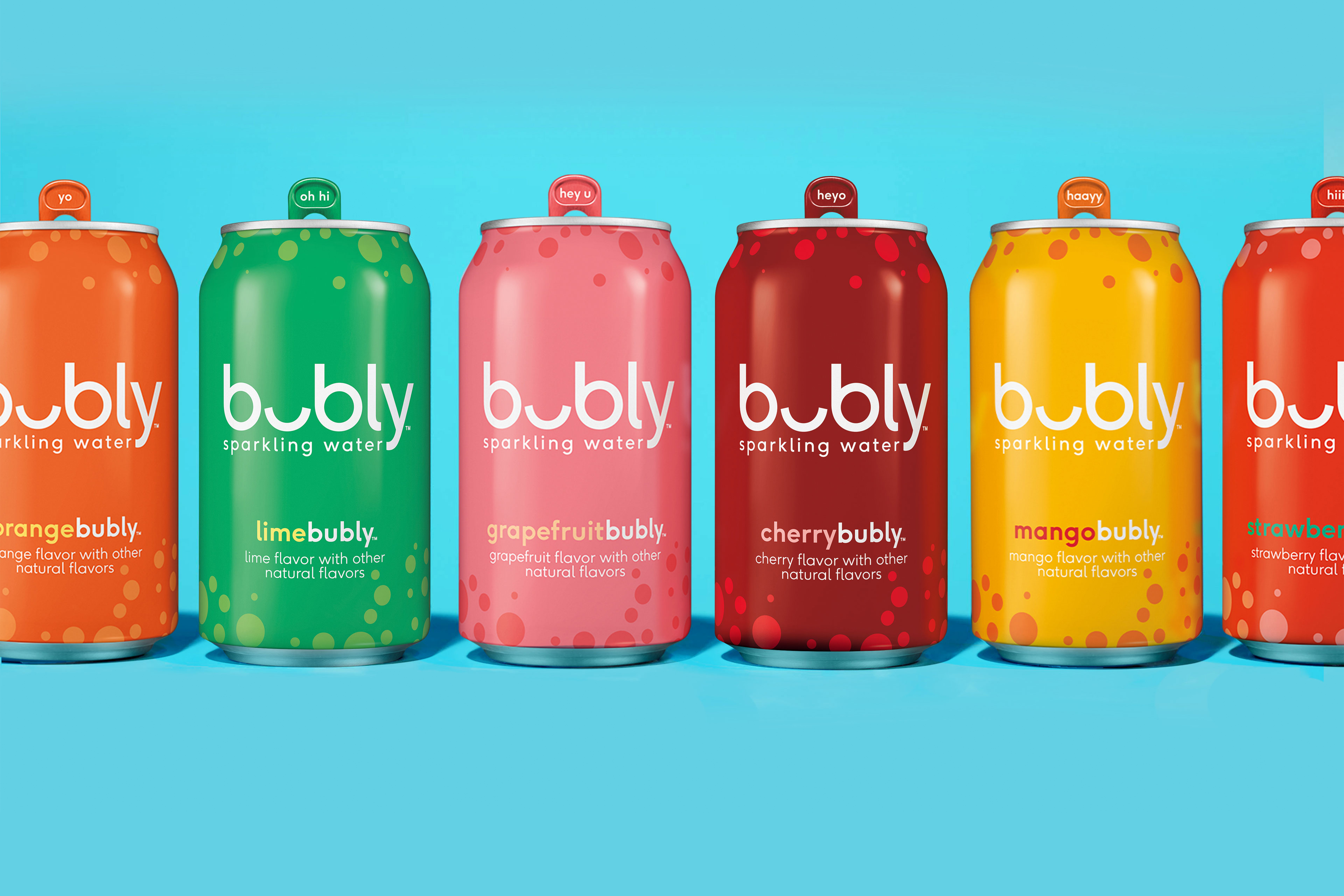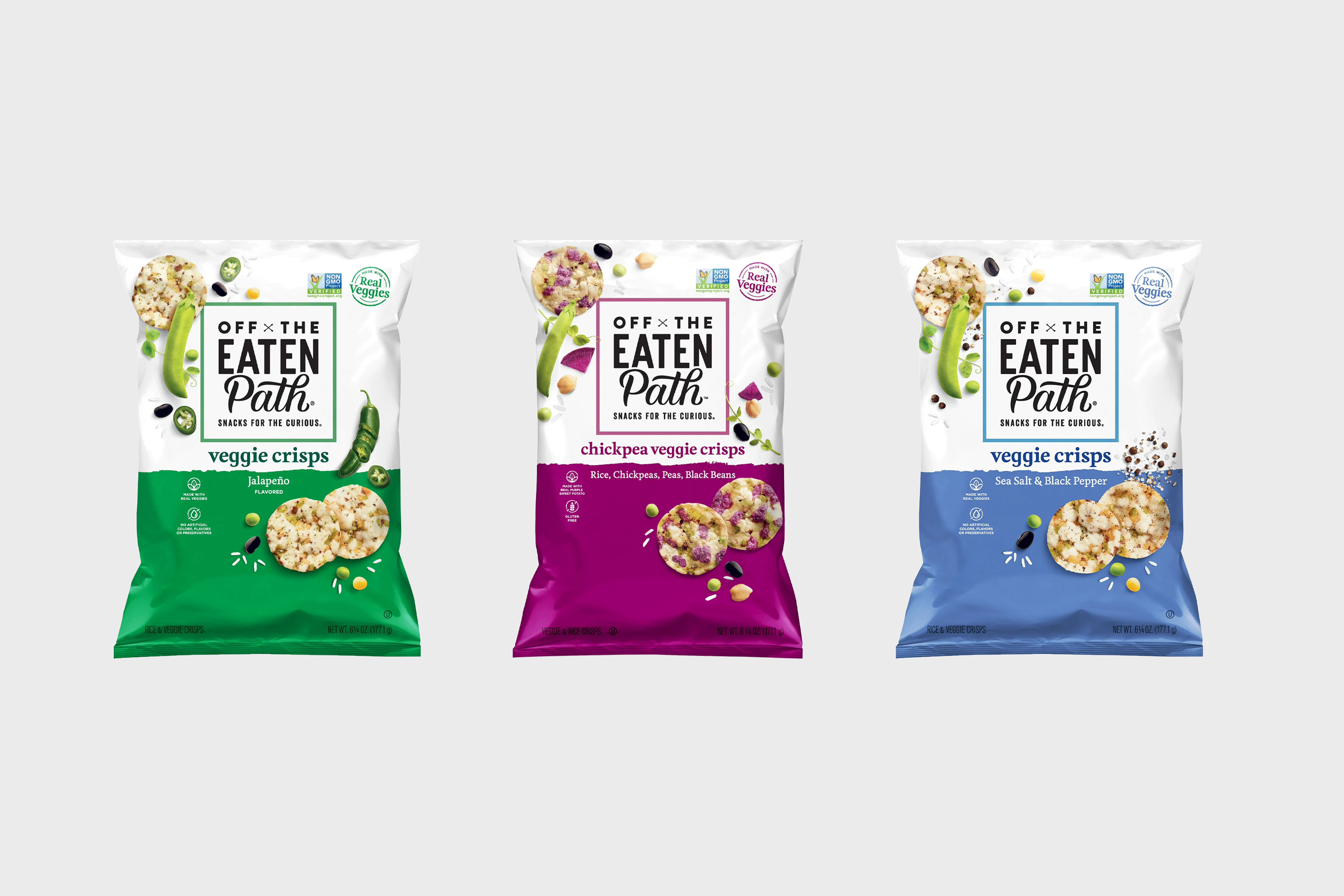The biggest and boldest are sometimes overshadowed by the everyday delicate changes which make our busy lives that little bit easier.
Black Swan made an early January pilgrimage to Las Vegas for the annual
CES conference where 750,000 people packed casinos and conference centres hoping to glimpse the latest breakthroughs in everything from AI, VR and gaming to mobility and quantum computing. There’s even the odd potato thrown in for good measure (more on that later).
CES is vast, with 4,500 exhibitors, from giants like Google and IBM to smaller companies looking to make a big impact. The Black Swan team spent 4 days and 60,000 steps with our partners at
Twitter following our mission to help companies fuel their innovation pipelines and marketing strategy with AI-driven
trend prediction.
Our focus was meeting the companies who might not immediately spring to mind when you envisage high tech innovation. But increasingly the leaders in consumer goods - companies like P&G, L’Oreal and Reckitt Benckiser are flocking to CES to demonstrate cutting-edge developments in everyday products. It’s not all about the robots…but let’s think about them first.
For the audience of geeky technology devotees, the biggest draw are the boldest pieces of technology.
Forpheus the AI driven table tennis coach which uses emotional intelligence to adapt its playing style when you get tired or frustrated, sat alongside virtual reality receptionists who can interact with customers and answer common questions, learning from their answers. Turn a corner and you enter another world again. Agri-tech behemoths like
John Deere are combining drones with AI to create ‘precision agriculture’ which sustainably delivers crop fertilisation. There aren’t many places in the world where you see elderly Texan farmers mingling with smartphone wielding tech vloggers.
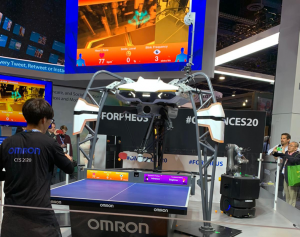
We lingered briefly with the robots and racing cars before heading off to see the innovation which really matters to us, our clients and most importantly the consumers who are busy embracing the tortuous combination of ‘dry Jan’ and Veganuary.
From beauty tech to sustainable snacking the trends being touted by some of our supermarket and pharmacy favourites focused on simplifying our busy lives; offering us healthier and more sustainable choices. P&G focused on their commitment to ‘Lean Innovation’ – singing about how they enlist experts from Silicon Valley to start smaller innovation teams who have produced 180 new concepts so far. They used CES as a platform to launch the
Oral-B iO which uses AI to track user’s brushing techniques and help them optimise for better oral health.
L’Oreal stretched the boundaries further with the announcement of
Perso – a 3 in 1 personalised at home beauty device which creates skincare, liquid lipstick and foundation uniquely tailored to its assessment of your skin. Their app assesses skin quality as well as environmental factors like UV index and humidity to create the best formula for your skin that day before the hardware creates your personalised products in the comfort of your bathroom.
Beyond the truly useful combination of mainstream consumer products with cutting-edge technology you can always expect the odd gag and gimmick. The conference centre was buzzing with controversy around the invitation to Ivanka Trump as a keynote speaker and giants like Google had obviously prioritised play over programming. Their acre of prime CES real-estate featured four coloured slides and a ball pool rather than dwelling on some of their truly startling 2019 progress in quantum computing.
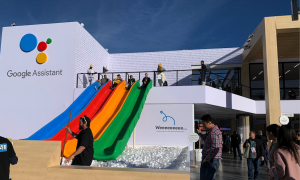
And what about the potato? Nicholas Baldeck from France drew attention at his modest booth to the
NeuraSpud. An innocuous looking tuber with a protruding antenna which, he assured crowds, tapped into the innate ‘Artificial Intelligence’ of the common spud. Perhaps the organisers were not thrilled that the prankster had slipped by their supposedly careful vetting process but as he paid $5,000 for the privilege I’m sure that was compensation enough.
Away from the weird and wonderful the main theme which we took away from CES was the inescapable combination of artificial intelligence with everyday products. Smart products which combined the best of AI and hardware while setting their sights clearly on the end goal of making the consumers lives easier received just as much fanfare as the ultra-high-tech advancements which struggle to fix a real problem.

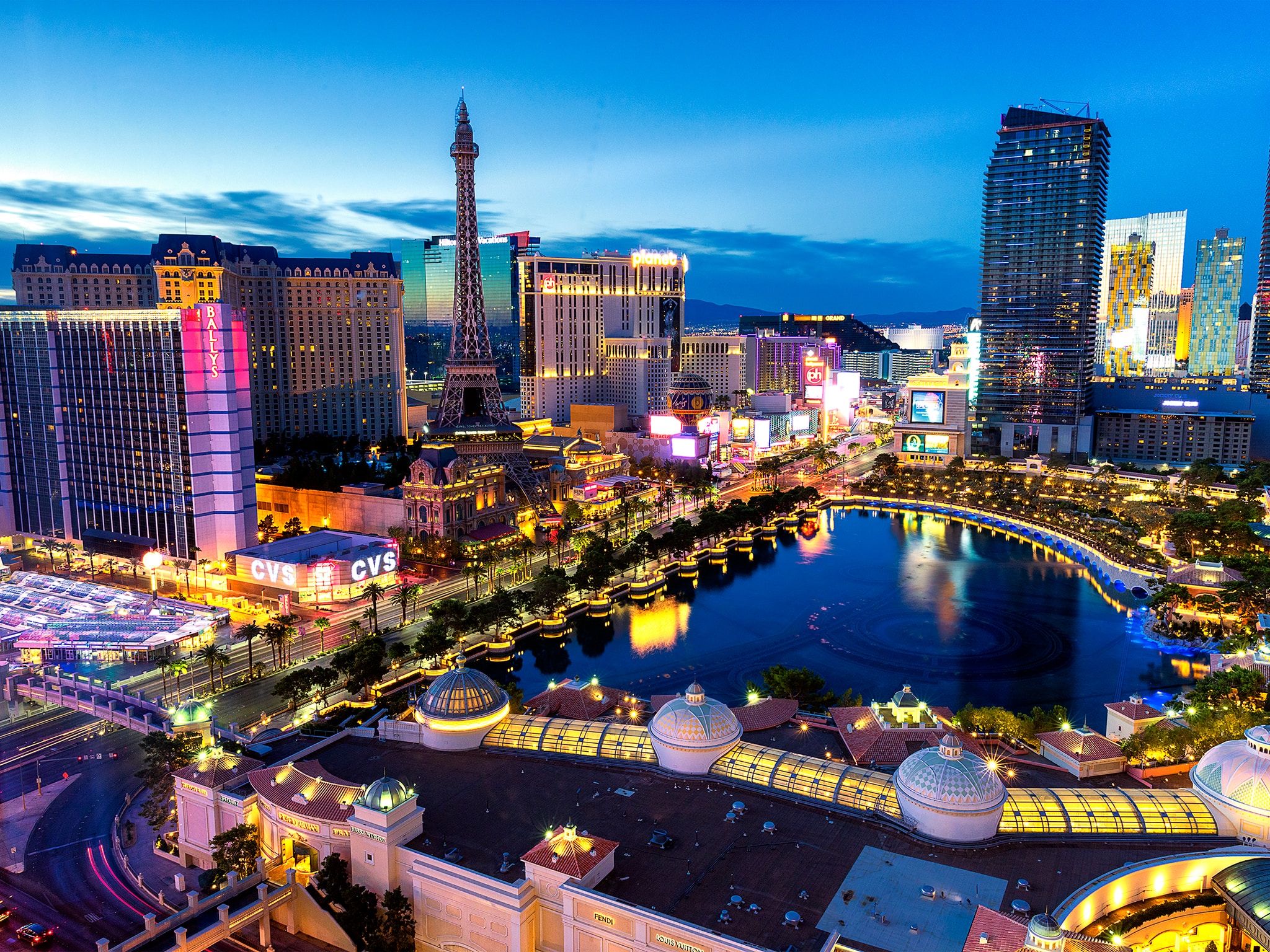



 We lingered briefly with the robots and racing cars before heading off to see the innovation which really matters to us, our clients and most importantly the consumers who are busy embracing the tortuous combination of ‘dry Jan’ and Veganuary.
From beauty tech to sustainable snacking the trends being touted by some of our supermarket and pharmacy favourites focused on simplifying our busy lives; offering us healthier and more sustainable choices. P&G focused on their commitment to ‘Lean Innovation’ – singing about how they enlist experts from Silicon Valley to start smaller innovation teams who have produced 180 new concepts so far. They used CES as a platform to launch the
We lingered briefly with the robots and racing cars before heading off to see the innovation which really matters to us, our clients and most importantly the consumers who are busy embracing the tortuous combination of ‘dry Jan’ and Veganuary.
From beauty tech to sustainable snacking the trends being touted by some of our supermarket and pharmacy favourites focused on simplifying our busy lives; offering us healthier and more sustainable choices. P&G focused on their commitment to ‘Lean Innovation’ – singing about how they enlist experts from Silicon Valley to start smaller innovation teams who have produced 180 new concepts so far. They used CES as a platform to launch the  And what about the potato? Nicholas Baldeck from France drew attention at his modest booth to the
And what about the potato? Nicholas Baldeck from France drew attention at his modest booth to the 